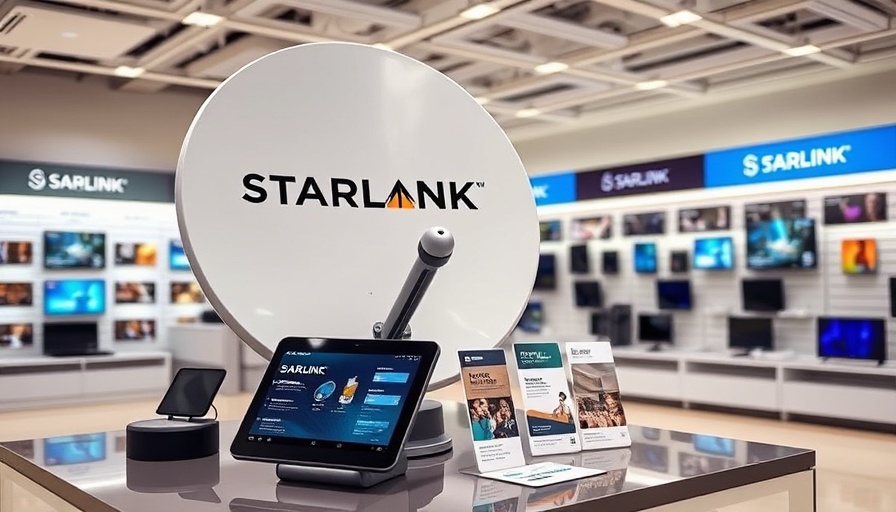
Starlink's Vision: Connecting Africa to the Future
As of March 2025, Starlink is revolutionizing internet access across Africa, providing high-speed satellite internet that addresses the continent's pressing connectivity challenges. Launched in Nigeria in January 2023, Starlink has aggressively expanded its reach, leveraging its unique capability to circumvent terrestrial infrastructure limitations, which has historically hampered internet access in remote areas.
Understanding Starlink Pricing Across Africa
The pricing structure for Starlink varies significantly from one country to another, reflecting local market conditions and economic factors. In countries like Benin, an initial hardware cost of approximately $650 is coupled with monthly subscription fees ranging from $47 to $50. Comparatively, in Botswana, costs are more competitive, with hardware priced between $359 and $363 and monthly plans that cater to both residential and business users, starting as low as $28.
The Impact of Regulatory Challenges
Despite Starlink's ambitious initiatives, navigating regulatory landscapes remains a crucial hurdle. South Africa, for instance, presents a complex challenge with its Black Economic Empowerment (BEE) policies affecting foreign ownership in telecommunications. Starlink must adapt to local regulations to tap into this lucrative market, which underscores the importance of compliance in fostering tech innovation across the continent.
The Future of Internet Access in Africa
Looking ahead, Starlink’s planned expansion into Namibia and other nations later in 2025 indicates a sustained commitment to enhancing connectivity. As this technology becomes more accessible, it opens up opportunities for Africa’s burgeoning digital economy, supporting sectors from fintech to e-governance. Entrepreneurs and investors should thus keep a close eye on Starlink’s developments as they represent a vital player in Africa's future of work.
In conclusion, the arrival of Starlink marks a pivotal shift in Africa's digital landscape, promising to bridge the connectivity gap and propel the continent into a new era of technological innovation.
 Add Row
Add Row  Add
Add 


Write A Comment